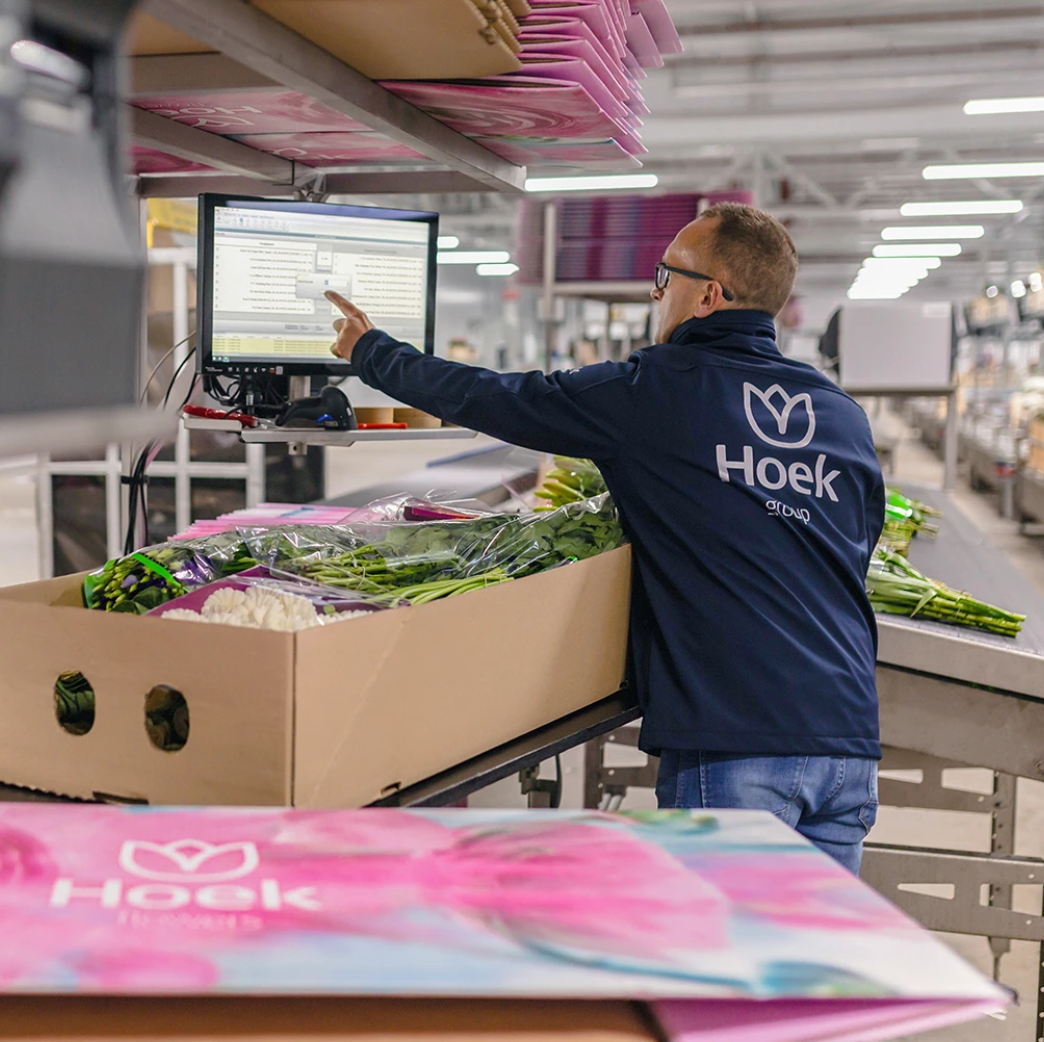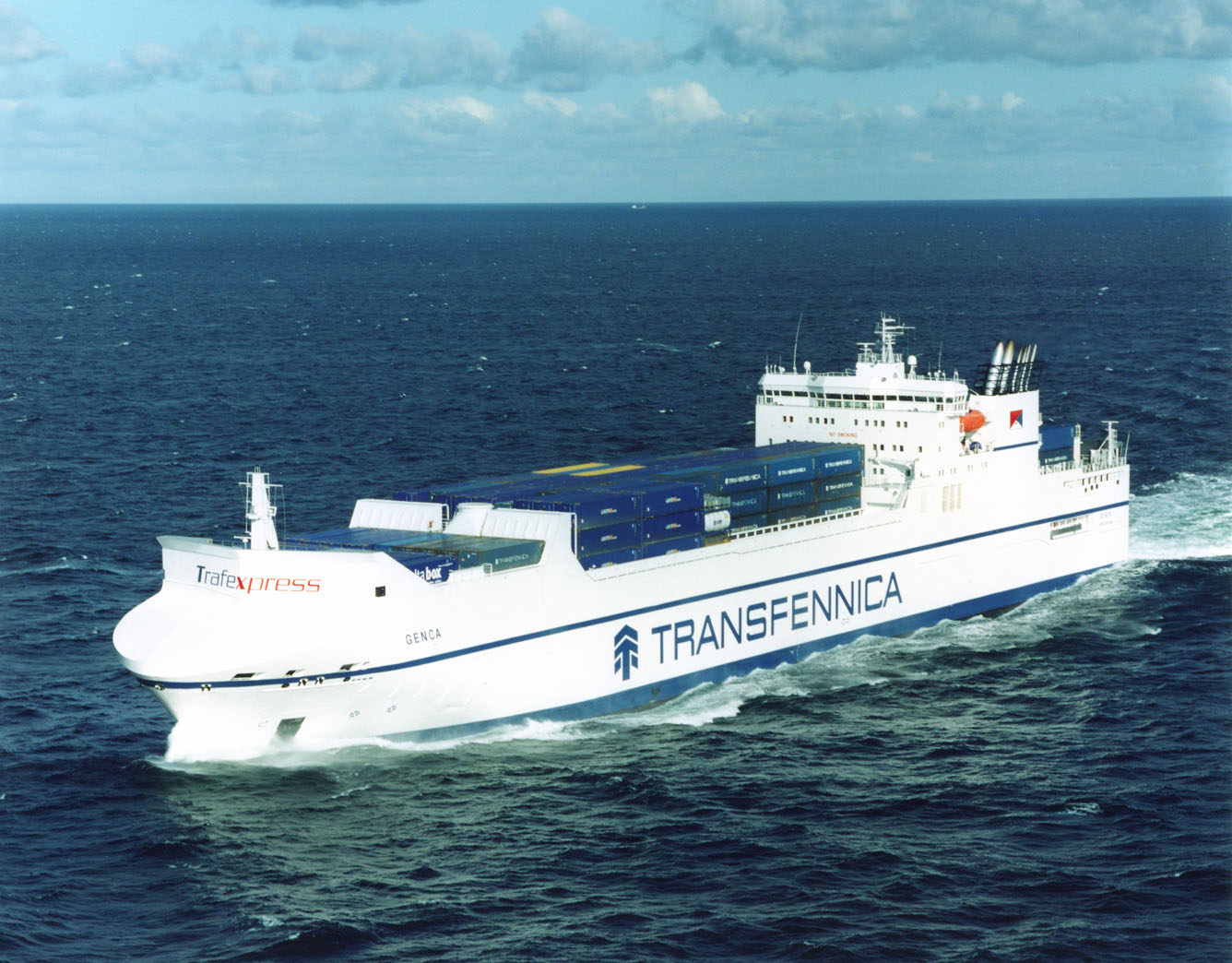Why Track Returnable Transport Items (RTIs)?
In modern supply chains, billions of Returnable Transport Items (RTIs) like pallets, crates, and bins play a crucial role in transporting goods. However, up to 40% of these reusable assets are lost, damaged, or forgotten annually, leading to significant financial and operational impacts. Tracking RTIs addresses these challenges by enhancing efficiency, reducing costs, and future-proofing supply chains
Better RTI Management
Effective RTI management reduces losses, improves accountability, and ensures accurate financial tracking, while maximizing ROI by preventing theft and misuse, ensuring assets deliver full value.
Streamline Operations
Real-time RTI tracking reduces excess inventory, prevents delays from shortages, ensures smoother operations, and simplifies cost-sharing in shared asset networks while maintaining quality replacements.
Future-Proof Your Supply Chain
Reduce waste and energy use for greener logistics, harness big data for smarter decisions, and adapt to evolving demands for faster, more flexible deliveries.
Customer Case Studies

Hoek Flower Group
Hoek Group, a global logistics company specializing in flowers and plants, partnered with RTiOT and Posito to address challenges in tracking and managing its reusable packaging. By implementing an RFID-based tracking system, Hoek transformed its operations, ensuring precise monitoring of approximately 100,000 reusable boxes across international supply chains. The solution included automated scanning portals, handheld devices, and using Posito to streamline processes, enhance traceability, and optimize inventory management. This resulted in significant time and cost savings, improved accountability, and reduced reliance on manual labor. With plans to expand RFID deployment, Hoek is set to further enhance efficiency and maintain its industry-leading position.
Transfennica
Transfennica, a European shipping company, partnered with RTiOT to enhance the tracking of its returnable transport items across European ports. After testing various solutions, Transfennica adopted RTiOT's Sigfox IoT devices and Posito management software. This system provides real-time location data with high accuracy and requires no additional infrastructure investment. The successful proof of concept demonstrated reduced equipment losses, improved shipment planning, and scalability for future expansion. Following this success, Transfennica began implementing the solution across its fleet, starting with containers and cassettes, to optimize logistics and streamline operations.
